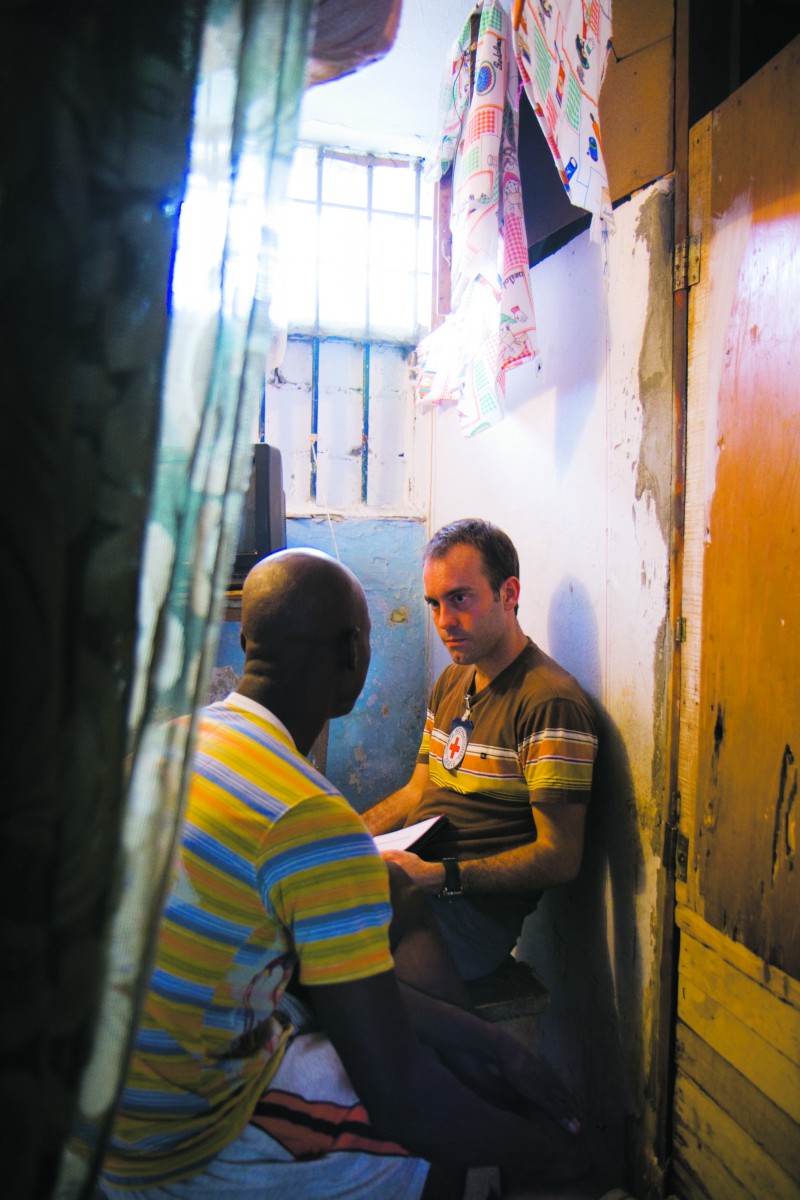Academic Andrei Gomez-Suarez tells The Bogota Post about peace process organisation Rodeemos and his thoughts on the ongoing discussions with the FARC in Havana
Rodeemos el diálogo (RED) is a group that began shortly after the Santos administration and the FARC rebels announced the two parties would enter into peace talks in late 2012. Originally conceived as a way to give a voice to Colombians and ‘friends of Colombia’ living in London, the group met and sent reports to the peace negotiators in Havana. They have recently arrived in Colombia to set up an offshoot of the original group here. Andrei Gomez-Suarez discusses the history of Rodeemos and their vision for the future.
The organisation started in September 2012 when a group of friends – two Colombians and three Brits – got together in London. With the news that President Santos had began talks with the FARC, they wanted to create a way to support the peace process. They started talking to their friends and one approached Gomez-Suarez, who was setting up a conference in London at the time.
“We started brainstorming and realised that we lacked information on the peace negotiations,” Gomez-Suarez explained. The group decided to set up a conference and get hold of important people who were part of the preliminary discussions. They scored a coup and managed to get such eminent names as Enrique Santos (President Santos’ brother), Hernando Valencia Villa (human rights ombudsman in 1980), and Claudia Lopez – now Senator of the Green Party – on board. They also invited foreigners and academics to talk about peace processes in Nepal, Guatemala and Northern Ireland.
“That conference was a great success: more than 450 people attended, among them diplomats, policy makers and students. It put us on the scene in London as a civil initiative.”
| “Colombia has very serious issues – poverty, inequality, etc. It’s time to put an end to one issue to focus on the others.” |
After this the group partnered with Conciliation Resources to organise the European Forum for Peace in London. Out of this they set up a series of Conversatorios de Paz in Canning House, in partnership with British Academics for a Colombia Under Peace (BACUP).
The aim of the Conversatorios was to provide a space for Colombians to discuss the peace process and also to provide information on each point on the agenda, as many Colombians living outside of the country struggled to keep up with what was going on.
As Andrei said, “Initially we held six conversatorios from August to December, and they were so successful and brought so many people that the 7th was on June 2 in London.”
The conversatorios use a different format to the traditional Colombian forum – instead of hundreds of people listening to a panel of experts, the Rodeemos discussions were made up of 25-26 people, meaning that “everyone participated and got involved.” The group sends reports from the conversatorios to the negotiating team in Havana via email and although there hasn’t been an official response “we know that members of the negotiating team have seen them and found them to be valuable, as we have had informal talks.”
“There are two important purposes to what we are doing,” Andrei said. “Firstly, to inform people, and provide clear information on every round of negotiations. The second part is what are you going to do with this? We want people to have an informed opinion.”
When asked about their own political allegiances, Gomez-Suarez insisted that RED is a non-partisan group. But they have been accused of having links with Santos, which they vehemently deny.
“For Rodeemos whoever is elected president we want to make clear that we want to protect and defend the peace process and the achievements of the peace process. It is a methodology that has worked – we believe what needs to be done is to support this methodology, instead of creating something new.”
| “We want to protect and defend the peace process and the achievements of the peace process” |
The group, however, do have some criticisms of Santos’ methodology. Gomez-Suarez explained, “When you check the press releases (of the peace negotiations) most of them are usually produced by FARC. For people who were following the news it was easy to know what FARC was thinking but very difficult to know what the government negotiation team wanted. This lack of engagement to explain their position about key issues of the negotiations were used by Uribe to criticise the peace process and shed a shadow of doubt.”
On the news that the government and ELN have also stated they are willing to engage in peace talks, Gomez-Suarez is – like many of his countrymen – suspicious of the timing of the announcement, but optimistic for what it represents.
“I think that it’s quite risky to announce it in this way because the uribistas and others are going to say that Santos is using peace as a political strategy to win the election,” Gomez-Suarez said.
But he added, “this puts the critics of Santos’ peace strategy in a very difficult position to defend their arguments. I think Santos is showing that he is serious about peace, and influential sectors within social movements will support him on Sunday.”
And as Santos’ resounding 5-percentage-point election victory showed, social justice movements and left-leaning voters came out and helped hand him a second term.
And now that Santos has been re-elected, Rodeemos will continue working to support the peace process. As Gomez-Suarez said, “Colombia has very serious issues – poverty, inequality, etc. It’s time to put an end to one issue to focus on the others.”


